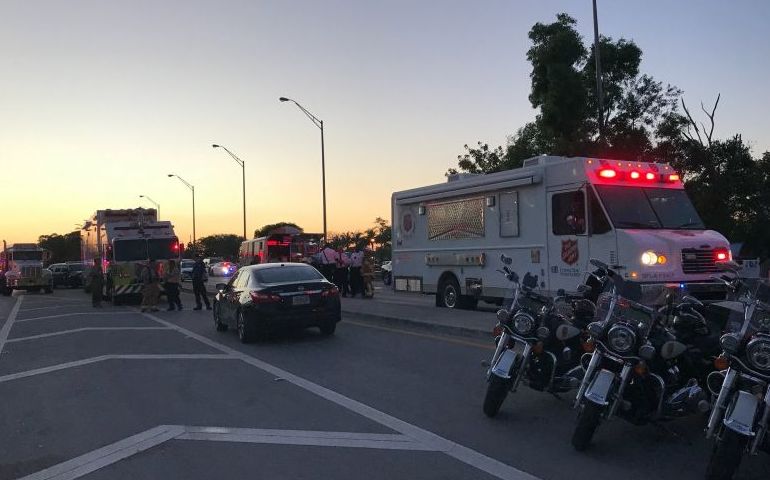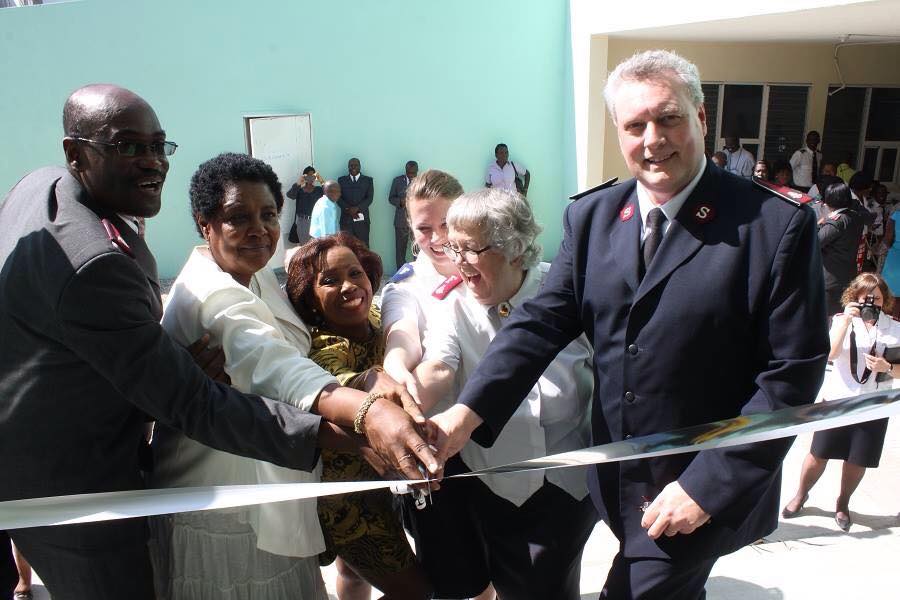Robert Docter, Editor-In-Chief
Let’s look at what it takes to grow a corps.
First, a group of committed soldiers, including the officer, but not necessarily led by the officer, this group needs to meet and invite God to join them, to bless them with growing membership, to inspire them to inspire others, to give them ideas about how to move forward. Then, and only then, the group needs to commit to a process that will result in plans to achieve specific goals. All you need is three or four dedicated people who want to share the joy and personal growth available when someone is an Army soldier (member).
You need strong lay leadership. If you don’t have it develop it.
Then, you need to go exploring. Here, you will examine the present culture of the corps. You do this by listing the behavioral norms—the unwritten and unnoticed rules that seem to dictate the behavior, the attitudes, the moods evident in the present membership. Identify the lasting traditions within the corps. Know the history of the corps, the impressive officers that have passed through.
Next, list what strengths are evident in the existing membership. Who can do what. You need people who will commit to talking to five people, five friends, who seem to be willing to listen. Just ask if they’re interested in hearing a little about The Salvation Army.
Have visitation teams—one member in uniform and one not. If possible, have a couple of kids with you. Visit people in various communities.
Talk to the media when you have something to say—newspaper, radio, television. Get on Facebook and start talking about the Army. Sell our holistic ministry that cares for people no matter what the social context might be and provides opportunities of service to others. Be nonjudgmental, open, caring, and ask if the individual would mind if you prayed for him or her.
Have special programs and events you can invite people to. Ask others to assist in the corps social service program.
If the corps facility needs work, figure out what is needed and start getting it done. Talk to divisional headquarters (DHQ) and start with the divisional commander. Tell that person what you need.
Remember, if you build it, they will come.
I know one corps that should have died but didn’t because of helpful administration and committed soldiery—The Los Angeles Citadel #2 corps.
I came to Los Angeles in 1964 and joined the Citadel Corps—a skidrow operation on 4th street, between Main and Los Angeles. It was in the heart of an area dominated by alcoholism, prostitution, dark streets, strong odors and businesses that wanted to move away.
It also had Captain Virgil Cline—almost an older brother to my brother and me. He was single at the time and stationed at DHQ as a financial secretary. He played tuba in the band and sang in the songsters.
The corps, often simply referred to as the #2 Corps, was in its third location in its 62 years of existence. It didn’t have too much going for it to build membership, but I think the label, #2 helped it. It seemed to me that it always strived to become #1—the number of the Congress Hall Corps, an attractive, large corps located on the ground floor of DHQ in a safe district in downtown Los Angeles.
Upon our arrival in LA, Virgil made sure we went to the Citadel instead of the large, popular #1 Corps.
To my shaky knowledge, the corps had no programs to serve the surrounding population. It was a family corps with a strong sense of history. It seemed, however, locked in place, serving a long-standing group of people in a very traditional manner. Its only reach outside its walls were two great open-air services on Sunday nights. The band would march to 3rd and Broadway and drop off soldiers who led the second open air on a different corner. In the fall and winter I learned what they meant when they talked about a “dark street march”—an Army march easy to memorize.
As I look back, none of this bothered me at all. The corps, definitely a “commuter corps,” had a band, a gym and a large bunch of loyal soldiers—many of whom carried strong, positive and historic names like Dart, Parkhouse, Jackson, Nottle, Morton. They must have built a strong foundation, because these names are still active in corps today.
The Rodys were the corps officers and added their names to some of the great preachers and delightful characters of the day.
We liked them all, and the family joined.
Great picnics, active sports competition, a few short band trips, a terrific corps cadet class led by Vic Nottle maintained our interest.
Soon, the corps’ “stagnation” became evident, and we determined we needed to move from 4th Street and give our building to a Harbor Light program.
We did, and became the Los Angeles Tabernacle, then the Hollywood Tabernacle, and now the Pasadena Tabernacle—still carrying on the same culture.













